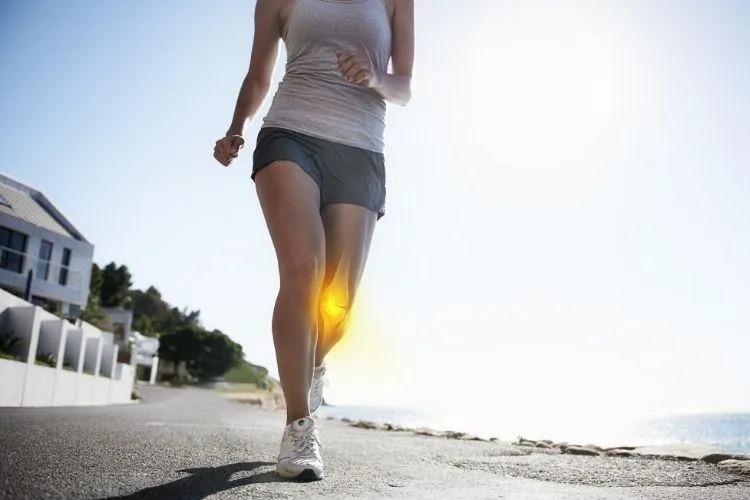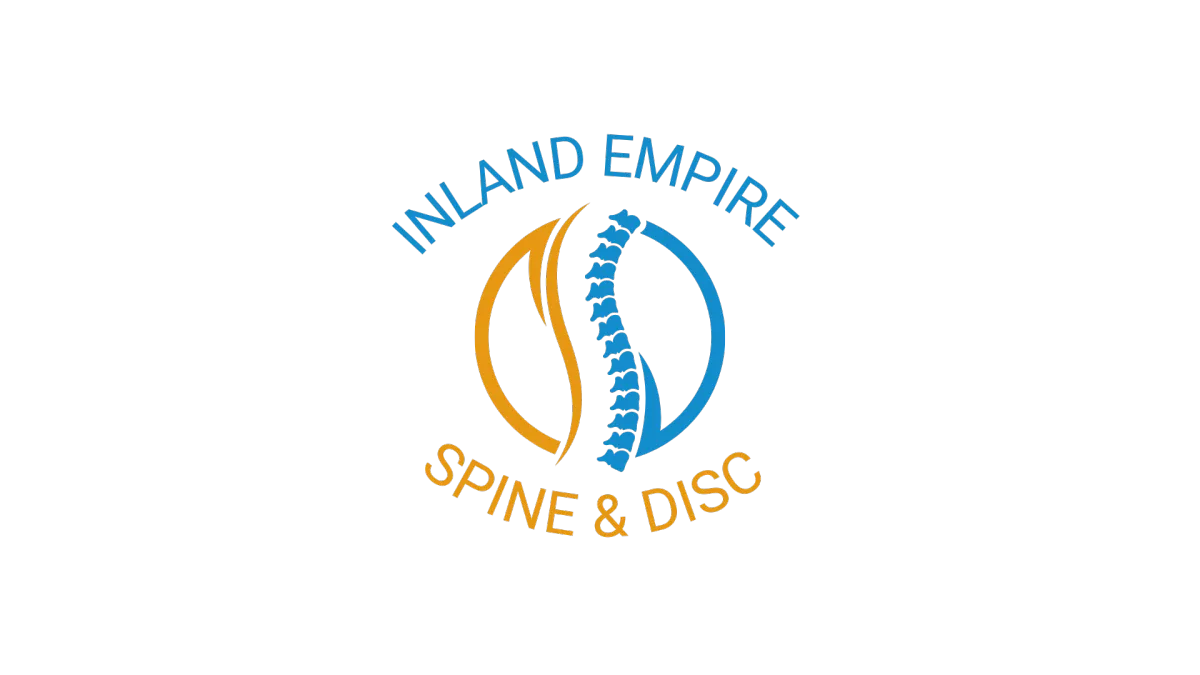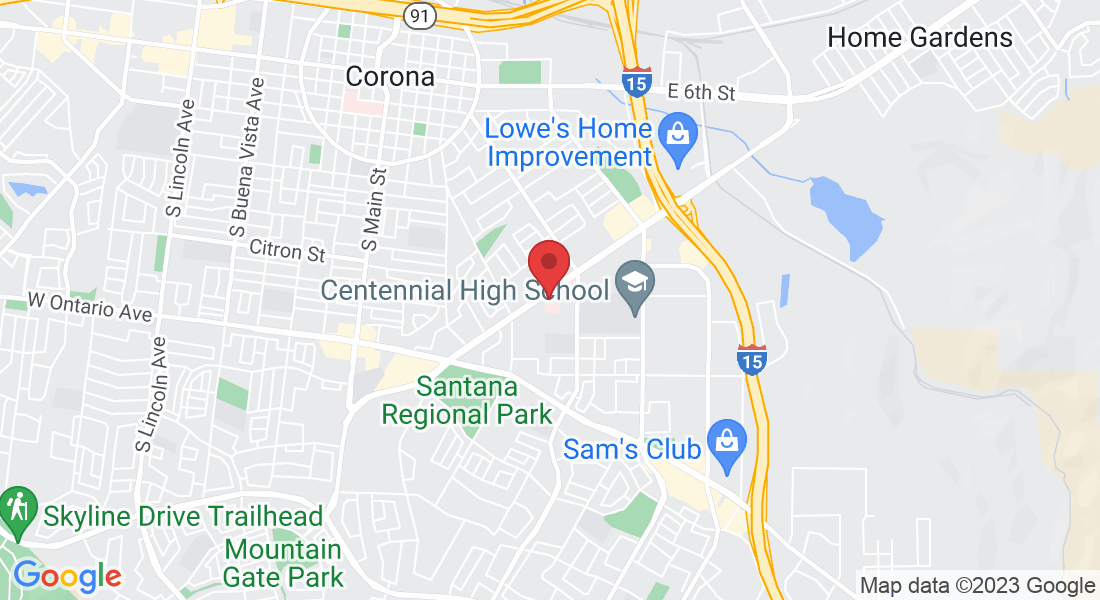802 Magnolia Ave, Suite 103, Corona, CA 92879
(951) 419-4591

KNEE PAIN TREATMENT IN CORONA

Knee pain can be excruciating and greatly limit one's mobility. It's a common condition that impacts a vast number of individuals worldwide. Fortunately, there are effective natural remedies that exist which can help alleviate knee pain without having to resort to surgery. In Corona, California, Dr. Robert Krage and the dedicated professionals at Inland Empire Spine and Disc are experts in delivering non-surgical solutions for knee pain relief. Let's explore further into these advantageous techniques.
At times it can be difficult to determine if you have a minor overuse injury or something more serious that will end up requiring surgery. It's important to first identify the root cause of the knee pain so you can follow an effective treatment plan tailored to address the specific underlying issue. By targeting the root cause, you have a higher chance of finding long-lasting relief and preventing the pain from recurring.
Non-surgical Knee Pain Relief at Inland Empire Spine and Disc
Physical Therapy Techniques for Knee Pain
Physical therapy is a vital component of our non-surgical approach for managing and relieving knee pain. Dr. Robert Krage, recognized for his proficiency in this area, collaborates with a team of skilled physical therapists who develop customized treatment plans for every individual. These plans typically incorporate a combination of stretching, strengthening, and low-impact exercises, specifically designed to alleviate nerve pressure and enhance mobility in the knee joint.
Effective Home Remedies for Knee Pain
In addition to professional guidance and physical therapy, there are several effective home remedies that can contribute to the management and relief of knee pain. These remedies aim to address various aspects of knee health and provide additional support. Here are some strategies you can consider:
Regular Exercise: Engaging in targeted exercises to strengthen the muscles surrounding the knee is crucial. This helps reduce strain on the knee joint and provides better support. Focus on exercises that target the quadriceps, hamstrings, and calf muscles. Low-impact activities such as swimming, cycling, and yoga can also be beneficial.
Hot and Cold Therapy: Applying heat or cold packs to the knee can provide temporary relief from pain and reduce inflammation. Heat therapy, such as warm compresses or heating pads, promotes blood flow and relaxation, while cold therapy, such as ice packs or cold compresses, helps numb the area and reduce swelling.
Elevation and Rest: Elevating the affected leg and allowing it proper rest can help reduce swelling and relieve pain. Prop up your leg with pillows or use a recliner to keep the knee elevated, especially after activities that cause discomfort.
How Long Does Knee Pain Last?
The duration of knee pain treatment can vary depending on several factors, including the underlying cause of the pain, the severity of the condition, and the chosen treatment approach. It is important to understand that knee pain is a complex issue, and there is no one-size-fits-all answer to the duration of treatment. It is important to consult with a healthcare professional, such as Dr. Krage at Inland Empire Spine and Disc in Corona, to ensure a comprehensive approach to your knee health is taken and you receive personalized guidance based on your specific condition.
Why Choose Inland Empire Spine and Disc for Non-Surgical Sciatica Treatment?
At Inland Empire Spine and Disc, we are dedicated to providing effective, non-surgical solutions for knee pain. Under the leadership of Dr. Robert Krage, our team offers personalized treatments that empower our patients to manage knee pain symptoms and regain control over their lives. Serving Corona and the surrounding areas, we aim to be the top choice for individuals seeking relief from knee pain.
Dealing with knee pain can be challenging, but it's important to remember that surgery isn't the only option. If you would like more information about non-surgical treatments for knee pain or to schedule a consultation with Dr. Robert Krage, please contact us at Inland Empire Spine and Disc in Corona, CA. It's time to reclaim your life from knee pain.
What are the common causes of knee pain?
There can be several causes for knee pain but some of the most common include: injury, overuse, arthritis, tendonitis, bursitis, and ligament tears, among others.
How can I differentiate between minor knee pain and a more serious injury?
Differentiating between minor knee pain and a more serious injury can be based on factors such as the intensity of pain, duration, swelling, instability, and difficulty bearing weight. Severe pain, sudden onset, or an inability to move the knee may indicate a more serious condition requiring immediate medical attention.
When should I seek medical attention for my knee pain?
You should seek medical attention for knee pain if it is severe, persistent, accompanied by swelling or instability, or if you are unable to bear weight on the affected leg.
What are the available non-surgical treatment options for knee pain?
Non-surgical treatment options for knee pain may include physical therapy, medications (such as pain relievers or anti-inflammatory drugs), knee injections (corticosteroids or hyaluronic acid), braces or orthotics, weight management, and alternative therapies like acupuncture or chiropractic care.
Are there any exercises I can do to alleviate knee pain?
Exercises for knee pain may involve strengthening the quadriceps, hamstrings, and other supporting muscles, as well as stretching to improve flexibility. Low-impact activities like swimming and cycling are often recommended.
Can knee pain be prevented?
Knee pain can sometimes be prevented by maintaining a healthy weight, avoiding excessive stress on the knees, using proper techniques during physical activities, wearing appropriate footwear, and warming up before exercise.
What lifestyle modifications can help manage knee pain?
Lifestyle modifications that can help manage knee pain include maintaining a healthy diet, managing weight, avoiding activities that worsen pain, using supportive devices (such as knee braces), practicing good posture, and incorporating regular exercise into your routine.
How long does it typically take for knee pain to improve?
The duration for knee pain to improve can vary depending on the underlying cause, severity, and individual factors. Mild cases of knee pain may improve within a few days to weeks, while chronic conditions may require longer-term management.
What are the signs that knee pain may require surgery?
Signs that knee pain may require surgery include severe damage to the knee joint, ligament tears that do not respond to conservative treatments, persistent pain despite non-surgical interventions, and significant loss of joint function.
Are there any alternative therapies or home remedies that can provide relief for knee pain?
Alternative therapies and home remedies for knee pain include applying hot or cold packs, using topical creams or ointments, practicing low-impact exercises like yoga or tai chi, taking supplements like glucosamine and chondroitin, and utilizing relaxation techniques to manage pain and stress.
HORAS DE OFICINA
Monday:
8:00am - 6:00pm
Tuesday:
8:00am - 6:00pm
Wednesday:
8:00am - 6:00pm
Thursday:
8:00am - 6:00pm
Friday:
8:00am - 6:00pm
Saturday & Sunday:
Closed

802 Magnolia Ave, Suite 103, Corona, CA 92879
(951) 419-4591
Ready To Take Control?
Claim Your first time Patient special!
All Rights Reserved © 2025| Inland Empire Spine & Disc
ACCESSIBILITY | ANTI-DISCRIMINATION| HEALTH CARE DISCLAIMER | PRIVACY POLICY | TERMS OF SERVICE
